You have a family member who is diagnosed with special needs, or you yourself may have a special need.
What resources can you tap on, how do you find the right communities to join and what else can support you in your journey?
We’ve consolidated a list of resources available in Singapore that may come in handy. There’s lots of information and links ahead, so it may take some time to digest all the information below.
Special Needs Preschool Resources
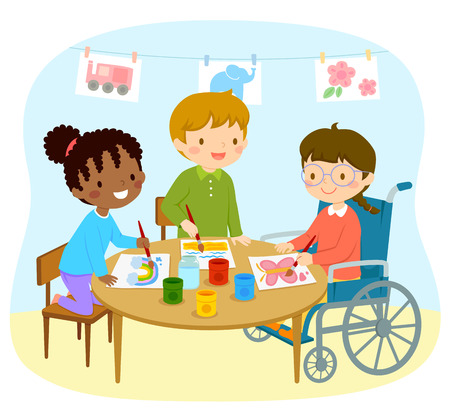
If your child requires intervention in preschool, Ministry of Social and Family Development (MSF) has 5 different levels of support:
- Early Intervention Programme for Infants and Children (EIPIC) Under-2s, from July 2019
Parents of special needs children below 2 years old receive intervention strategies to help their child in their daily life
- EIPIC Centre
Preschoolers receive regular intervention based on their developmental needs.
- Development Support Plus (DS-Plus) from July 2019
Preschoolers who have improved via EIPIC can ‘graduate’ towards receiving intervention in their preschools
- Development Support (DS)
Preschoolers with mild to mild-moderate developmental needs receive therapy in preschool
- Learning Support (LS)
Preschoolers with learning needs receive support in preschool
Online Resources
Besides websites of disability service providers to sign up for programmes or get more information regarding various special needs, here are a few online resources that families can consider referring to for services and community support:
1. NCSS’ list of services for children and youth with special needs
This is a good website to begin with as it compiles many various resources such as Financial Support, Support Groups in Singapore and Social Enterprises which contribute to our diversity.
3. i, autistic
This is a website set up by an adult with autism who shares his views on a wide variety of subjects. He also lists various whatsapp support groups for people with ASD and their caregivers
4. Disability Community Network
This website run by Social Collaborative Singapore aims to compile a comprehensive overview of the social needs of the disability community, list the existing services and communal resources available, and identify the gaps and potential solutions.
The Enabling Guide is a web portal for anyone looking for information and advice on schemes, services and resources relating to physical, sensory and intellectual disabilities and autism spectrum disorder in Singapore.
These include schemes and services provided by public sector agencies, voluntary welfare organisations and businesses. It will also signpost users to other useful sources of information.
Financial Resources for Education and Assistive Technology

Early intervention comes at an extra cost to families, and the good news is that MSF has also announced lower fee caps for all the above early intervention services from 1 April 2019, which means parents pay less out-of-pocket.
If your dependant requires assistive learning technology (such as a wheelchair, hearing aids etc), SGEnable has an Assistive Technology Fund to offset up to 90% of the cost, subject to a lifetime cap of $40,000.
Parents can also apply for the Handicapped Child Relief (HCR) and Grandparent Caregiver Relief (for children 12 years and below. From the Year of Assessment 2020, this age limit will be removed).
Resources After Caregivers Pass Away, Leaving Their Special Needs Dependant Behind
Caregivers who worry about our special needs dependant’s welfare and financial security after we leave this world can set up a Special Needs Trust Co. (SNTC) Trust to manage and administer our funds for our dependant according to our wishes.
To understand our wishes, SNTC will work with caregivers to create a customised care plan for our dependant’s future needs.
What I like about SNTC is that their rates are more affordable than private trust funds, the monies are guaranteed by the government, and SNTC will also send a case manager to visit your dependant at home to ensure his/her well being when we’re no longer around.
When we pass on, our dependant may receive our CPF savings in one lump sum in cash.
If he knows how to manage his personal finances, we don’t need to worry. However if he isn’t able to, we can utilize the Special Needs Savings Scheme (SNSS) under the CPF Board.
By nominating our dependant with special needs under SNSS, he/she will receive a regular fixed payout from our CPF savings after our death.
He will still continue to earn CPF interest and there are no fees involved. This is useful if we have reservations about the capacity of our special needs dependant to manage his finances in the event he receives a large single payout after our death.
We can also consider appointing a deputy if our dependant lacks the mental capacity, write a will with special directions to provide for our dependant’s financial needs and/or purchase insurance policies which will payout to our dependant or the SNTC trust upon our demise.
Support Groups

Families with special needs dependants can join support groups such as:
- Singapore Special Needs and Parents
- Singapore Muslim Special Needs Support Group
- Friends of ASD Families
- Hope for the Journey
- Autism Community whatsapp groups
- Touch Silent Club
- Epilepsy Care Group
- Cerebral Palsy Guidance
- Muscular Dystrophy Association Singapore
- Dyslexia Association of Singapore
- Rare Disorders Society Singapore
Several websites have compiled various support group lists, such as the Disabled People’s Association list of support groups, government funds and schemes for people with invisible disabilities, accessbility and assistive devices, and the Disability Community Network’s Resource Directory.
Employment and Training
According to the Disabled People’s Association, the following organisations provide employment assistance:
- SG Enable
- Autism Resource Centre
- Bizlink
- Centre for Physically Challenged
- Cerebral Palsy Alliance Singapore
- Down Syndrome Association
- Movement For The Intellectually Disabled Of Singapore
- Open Door Programme – this is a Government fund that helps employers with additional costs of
- preparing their work environment for the employment of a person with disabilities.
- Singapore Association For The Deaf
- Singapore Association Of The Visually Handicapped
- SPD
- Touch Silent Club
Caregiver Support
SG Enable has a list of caregiver support, such as training courses we can use our $200 a year Caregiver Training Grant on and financial assistance available to us.
Caregivers can also use the Caregivers Pod at Enabling Village to organise peer support sessions, workshops or just enjoy some rest time while their care recipients are engaged in activities at Enabling Village.
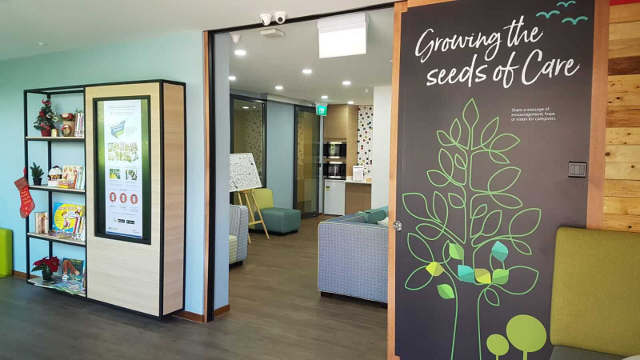 The Caregivers Pod at Enabling Village. Image source.
The Caregivers Pod at Enabling Village. Image source.
The Caregivers Pod can accommodate about 18 persons in seminar-style and caregivers can register with SG Enable for access. Caregivers Pod is open Mondays to Friday from 9am to 8.30pm, and Saturdays from 9am to 5.30pm.
Other Resources
Dependants with disabilities can apply for the Developmental Disability Registry Identity (DDR ID) card which will help members of the public identify and extend appropriate assistance to them in the event they are separated from their caregivers. The DDR ID card also offers a benefits scheme with discounted rates for services and access to various facilities.
They can also apply for the Persons with Disabilities Concession Card which allows them the purchase the Hybrid Monthly Concession Pass for unlimited travel on bus and rail services for $60 a month.
The number and type of resources for people with special needs are continually evolving and growing. If you have a resource to recommend, do share in the comments below!
By Julia Chan, Jules The Traveller.
Click here for more TNAP articles on special needs.
* * * * *
If you find this article useful, do click Like and Share at the bottom of the post, thank you.
Want to be heard and seen by over 100,000 parents in Singapore? We can help! Leave your contact here and we’ll be in touch.












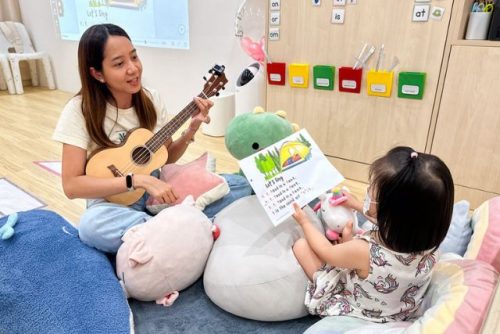











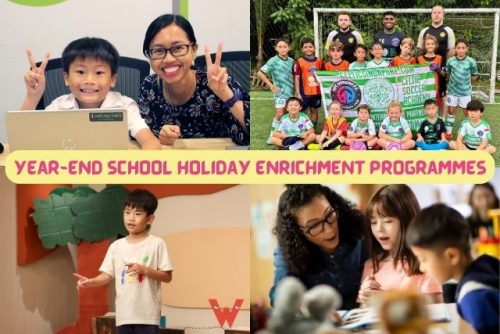












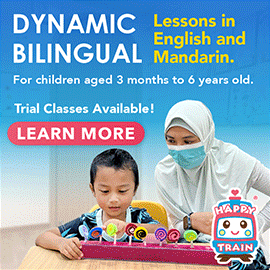
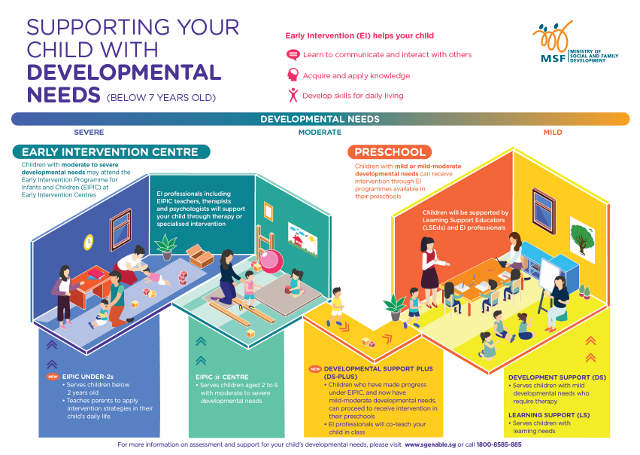
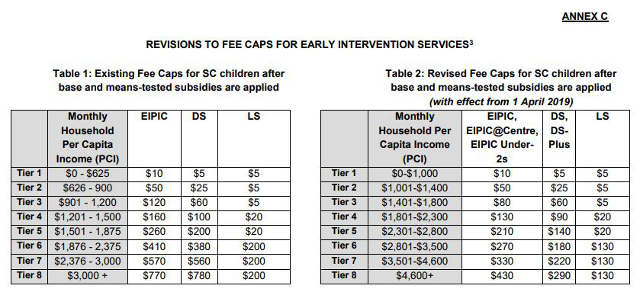
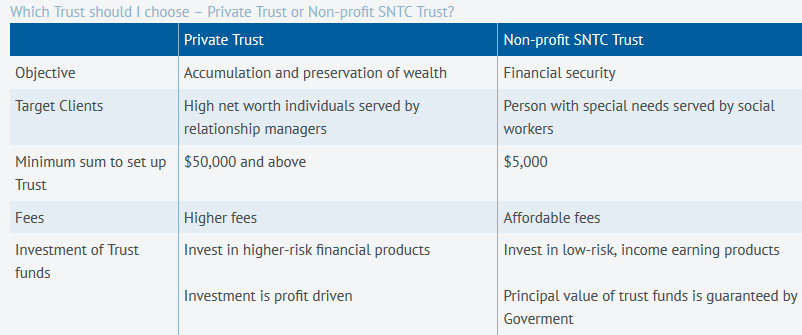


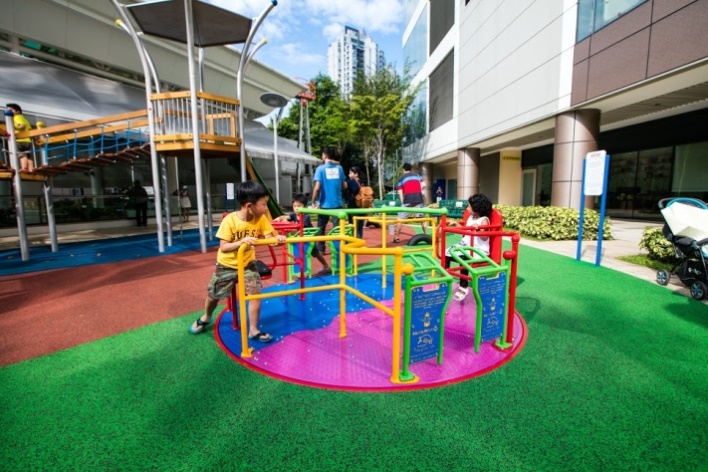





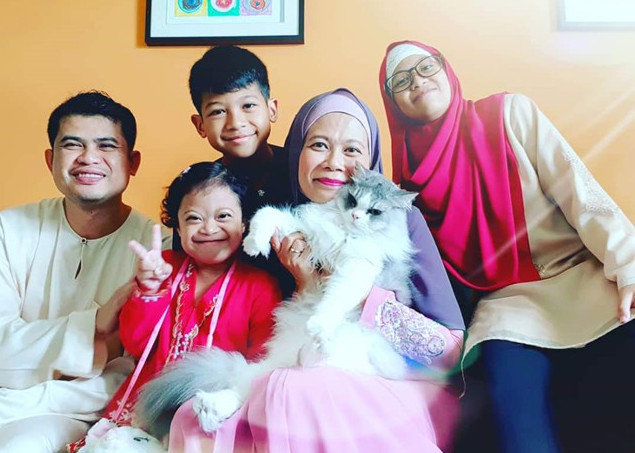









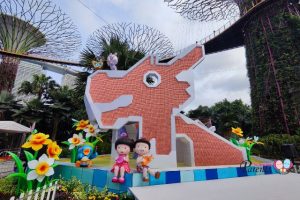



Leave a Comment: